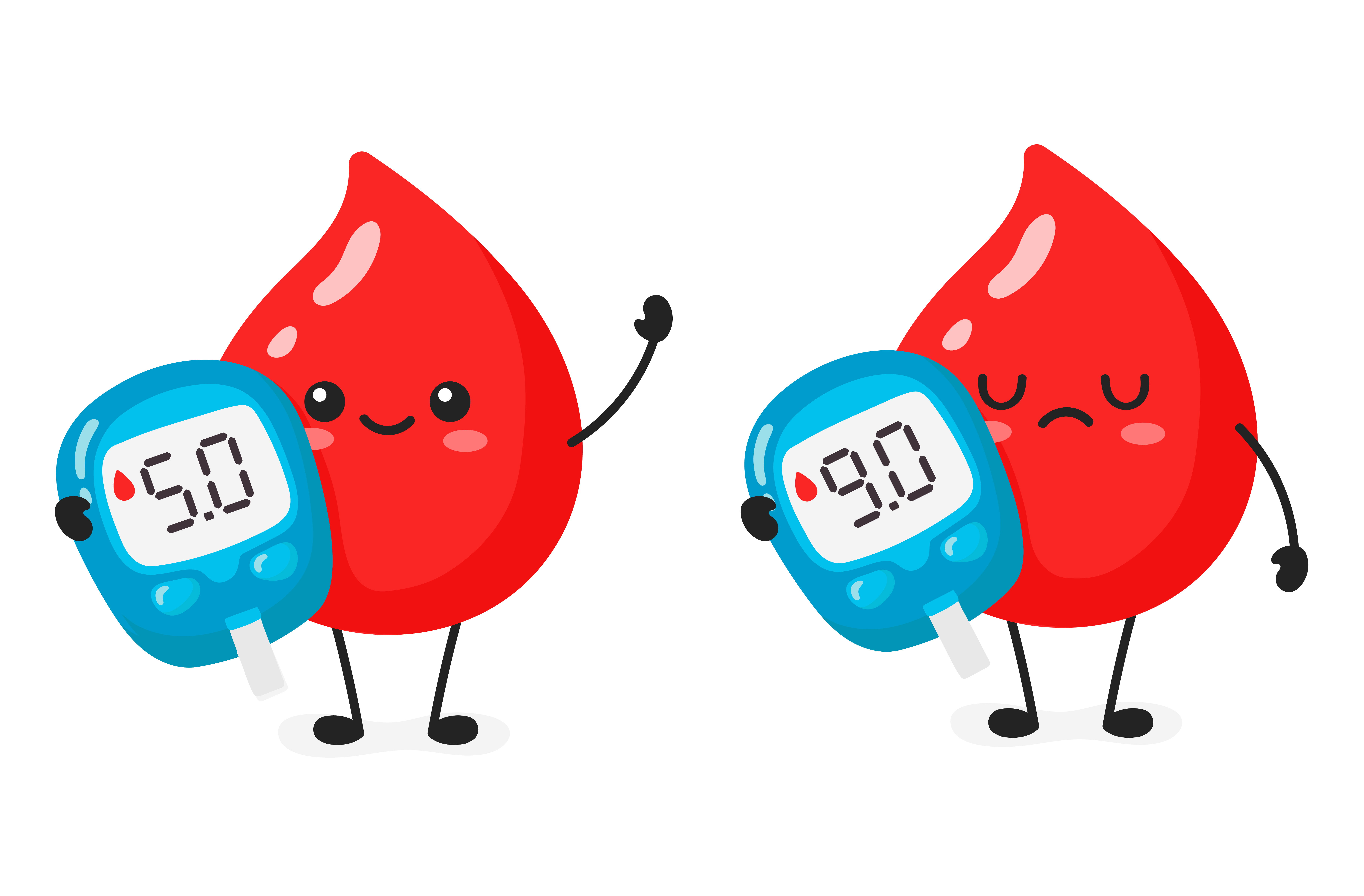Why life does not have to end with diabetes
Diabetes mellitus, is a serious, long-term condition that occurs when raised levels of blood glucose occur because the body cannot produce any or enough of the hormone insulin or cannot effectively use the insulin it produces.
High blood glucose levels, if left unchecked over the long term, can cause damage to many of the body’s organs, leading to disabling and life-threatening health complications such as cardiovascular diseases, nerve damage, kidney damage, lower-limb amputation, and eye disease resulting in visual loss and even blindness.
With early detection and appropriate management of diabetes, these serious complications can be delayed or prevented altogether.

Recovery from any condition is a process. There are many steps involved, and each one is important. However, it’s often said that the first step is the hardest. What is the first step? Admitting that you have a problem. It sounds simple, but denial is a major component lack of action towards solving the problem.
You may want to deny having health problems even though one of the most obvious sign, obesity, is right at your doorstep. Overweight and obesity are the leading causes of many health disorders such as heart disease and diabetes. You may deny to yourself that the harmful behavior you are engaging in such as smoking and drinking are not causing any health damage because you are in control of your use.
From Acknowledgement to Acceptance
At first, you may go back and forth in your mind. You may try to minimize how serious your problem is. Remember that diabetes can happen to anyone. It does not discriminate based on, economic status, or ethnicity. Diabetes does not make you a failure nor is it a death sentence. Many people find this a difficult part of the recovery process, but you don’t have to do it alone.
When to Enter Recovery/Remission
Once you have acknowledged you have a problem, it’s time to seek advice on how to manage. You can manage your diabetes simply with a healthy-eating plan that will help you control your blood sugar. Find help on getting started, from meal planning to counting carbohydrates.